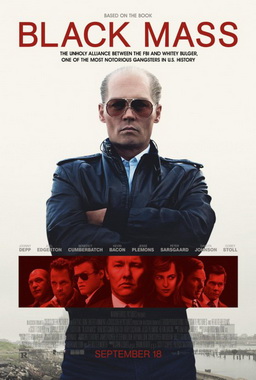
My father was raised as a Catholic. He left the Catholic Church as a young man. I remember when I was growing up, my younger brother once attended a party at a neighbor’s house. My family learned afterwards that he had spoken to a priest at the party. My father become extremely upset when he heard about this. The rest of us couldn’t understand why.
Spotlight tells the story of the Boston Globe investigation of child sexual abuse in the Boston archdiocese of the Roman Catholic Church. When Marty Baron (Liev Schreiber) arrives as the new editor of the Globe, people are afraid he’s going to cut jobs. Instead, he suggests to the paper’s Spotlight investigative team, led by Walter “Robby” Robinson (Michael Keaton), that they investigate a case of a local priest who has been accused of molesting a child. In the course of their investigation, they learn that there may be as many as 87 pedophile priests in the city. They eventually learn that Cardinal Law, the head of the archdiocese, has been aware of this for over a decade.
I’ve never been able to share the admiration that some leftists have for Pope Francis. He is part of the system that produces the sort of behavior depicted in this film. It tells us something that the Church’s reaction to the scandal in Boston was to promote Law. At the very least, Law should have removed these pedophiles from the priesthood. Instead, he moved them from one parish to another, knowing that they would likely carry out the same abuses. Even in terms of self-interest, such behavior makes no sense. These pedophile priests cause people to leave the church. They undermine its moral authority. They cause the church to become embroiled in costly lawsuits. The fact that the church leaders can’t see this shows that they are out of touch with reality, let alone common decency.





